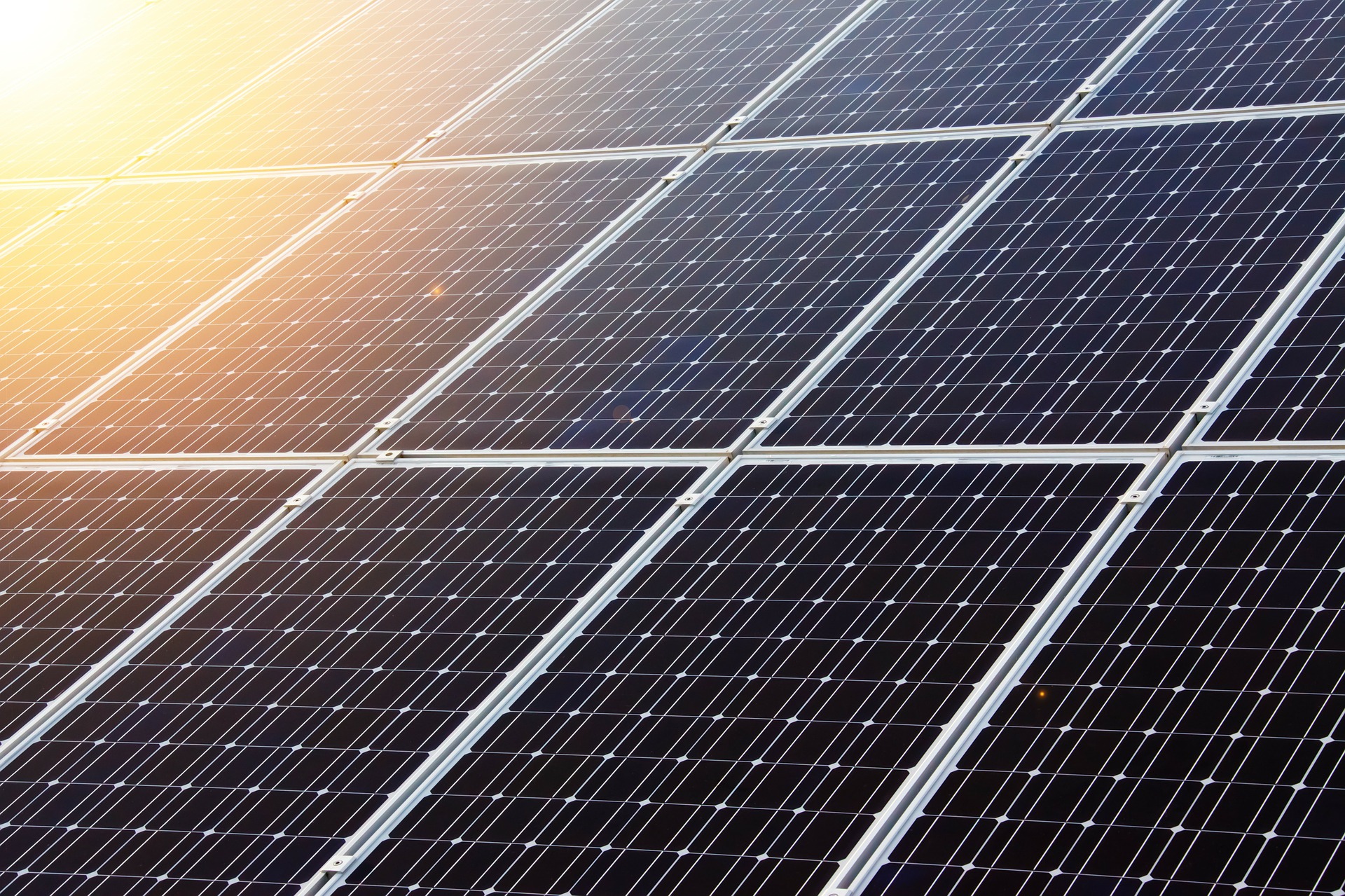Unlike conventional (flat) solar panels, flexible solar panels are wafer-thin, light and flexible panels that are easily portable and relatively inexpensive. These flexible panels operate in the same way as conventional solar panels since both a re based on the same photovoltaic technology that converts light from the sun into electricity.
Conventional solar panels are generally used for powering houses and commercial properties and are thus bigger and generate more power (typically about 340 watts per panel). Flexible solar panels are made for applications that require less wattage and are usually manufactured for application requiring 50 to 300 watts of electrical output capacity; like other solar panels the power generated can be stored in batteries for later use.
There are three types of flexible solar panels currently in use:
• Crystalline – these are the most commonly available and are made of the same silicon substrate that is used in conventional solar panels. However the wafers that are used are much thinner in flexible panels and can bend up to 30 degrees. These are often used for RVs, boats and for powering digital electronic devices when no power source is available (such as a camping trip).
• Thin Film – this is a relatively new technology where the photovoltaic material is printed onto a thin surface (such as cloth, aluminium or paper for example). They are much less durable than their silicon-based counterparts but have the potential for a wide range of applications where space is at a premium since they can be rolled up for storage and take up very little space. They also have the advantage of being extremely lightweight.
• Organic Material – research is presently underway at California’s MIT in creating flexible solar panels composed of organic material. Challenges to date have been finding suitable electrodes but recent breakthroughs using graphene have shown promising results. These types of solar panels promise enhanced flexibility and improved durability.
The key advantage of flexible solar panels is their function as eco-friendly means of producing electricity but that are also lightweight and portable. They tend to be less expensive than their larger, fixed in position counterparts and are bendable enough to be used in a wide array of applications where fixed solar panels are impractical. Their main application tends to be for portable power in situations where it would otherwise be unavailable. Providing power while camping is a particularly good example since they can be rolled up when not in use and are lightweight.







